Fiction selection autumn 2025
This autumn, it seems that animals are taking centre stage in our selection. In the books we present, the lives of animals serve as a mirror for how we organise ourselves as humans, and for the trials endured by the human spirit.
Living alongside animals – elephants in particular are popular this autumn – is not always a straightforward affair. Brussels sinks beneath the sinkholes of a naked mole rat, getting an elephant across the Alps proves a Herculean task, and the sudden appearance of 20,000 elephants in Berlin brings its own set of challenges.
Alongside these animal mirrors, we also present a number of poignant stories about trauma: a father reconstructing the murder of his son, a postpartum depression reminiscent of mythological tales of the underworld, a personal investigation into #MeToo within the theatre world, and a nostalgic journey to a lost home.
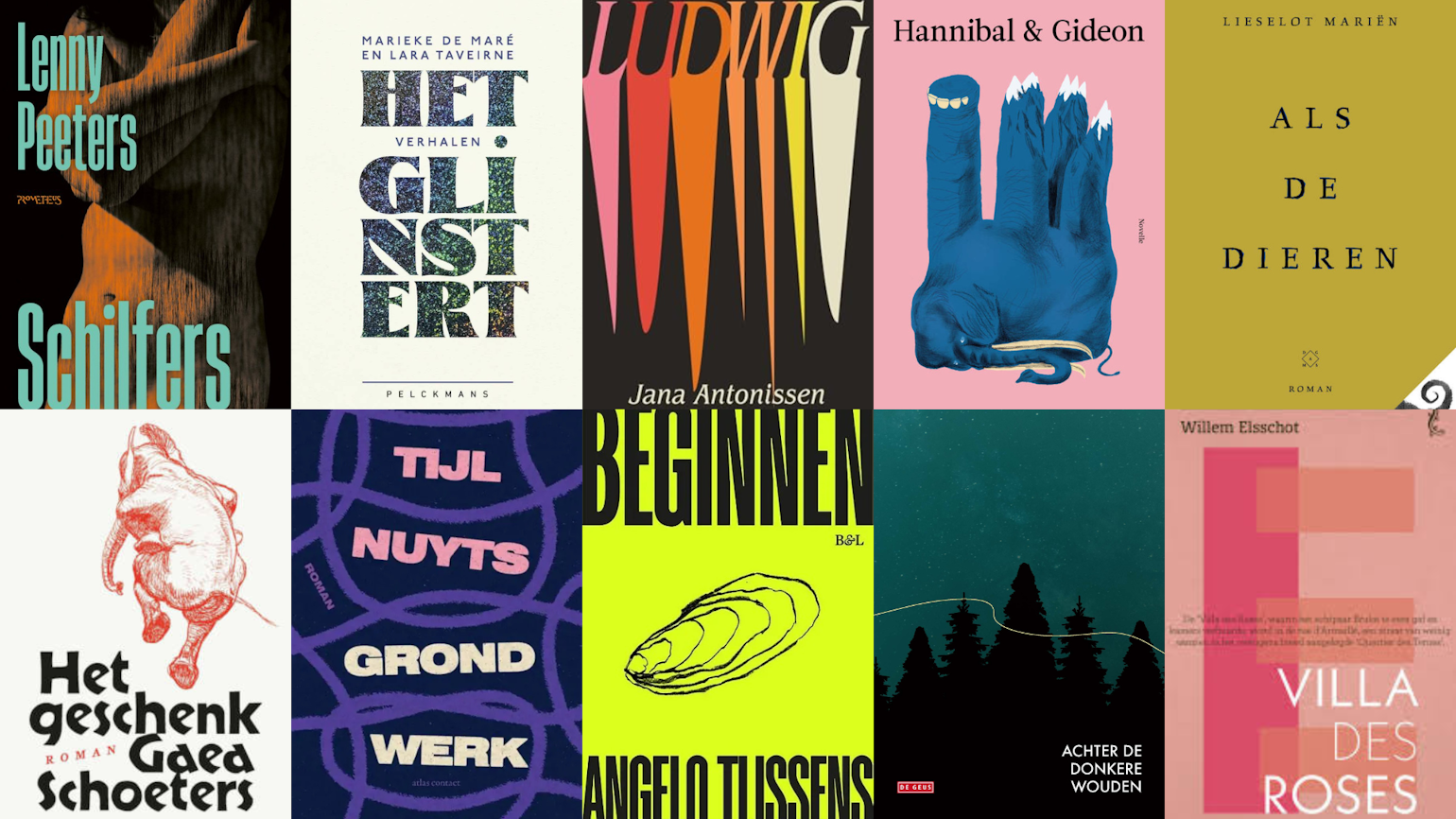
'Ludwig' by Jana Antonissen
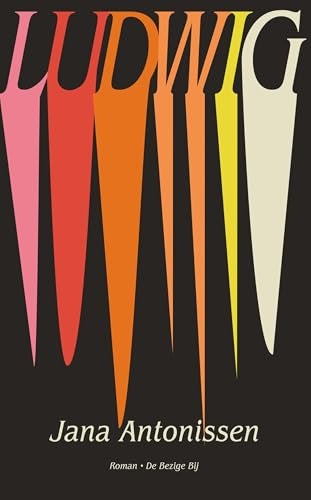
Mira looks back at her time in the company of Ludwig von Sachsenheim, a famous director and artist. Years ago she decided to join Ludwig’s social-artistic experiment in Berlin, the Neue Gesellschaft, a kind of artistic variant of Big Brother. The experiment runs aground, however, when its founder Ludwig is taken to court for sexual intimidation and subsidy fraud. Several years later, when a journalist approaches Mira, she looks back on the part she played in the dynamics of the Neue Gesellschaft.
'It Sparkles' by Marieke De Maré en Lara Taveirne
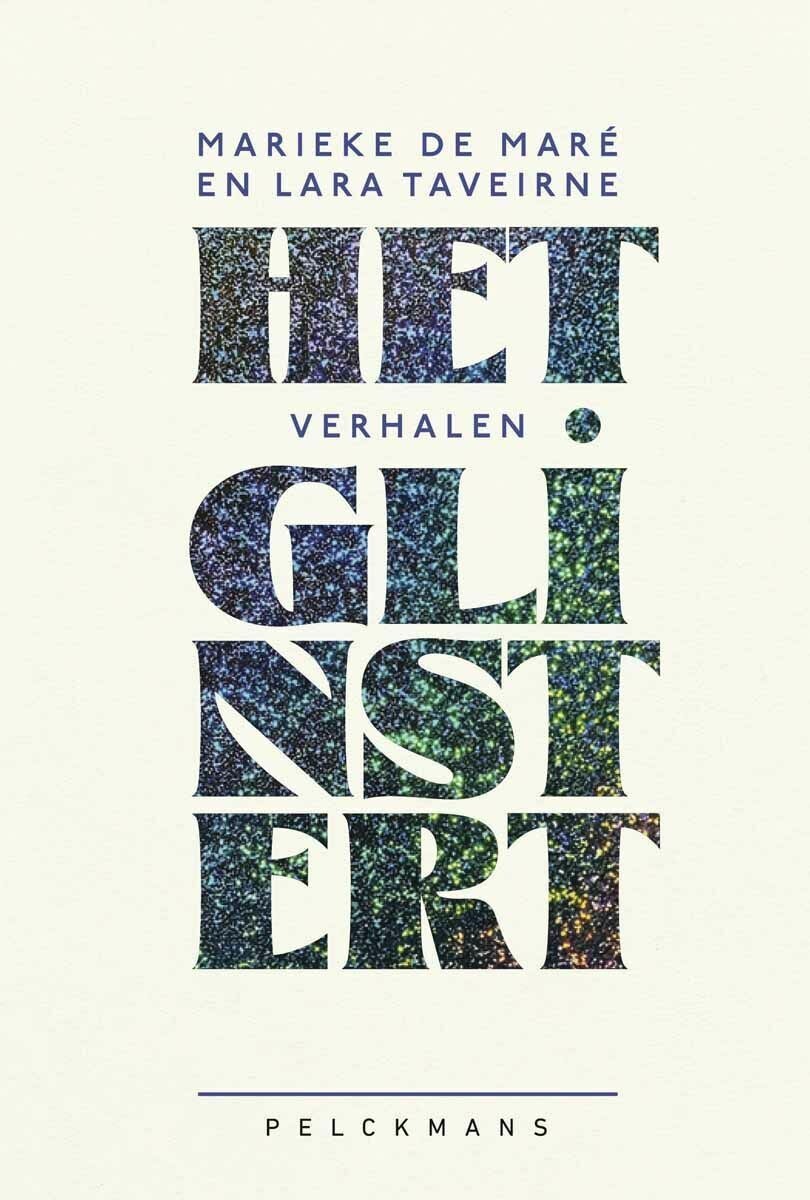
In ‘It Sparkles’, Lara Taveirne and Marieke De Maré have collected a series of poetic and moving short stories set in Bruges, the town about which they wrote together between 2023 and 2025. The stories, written alternately by each of them, arose from their meetings with various residents of Bruges. Each story depicts a snapshot of human connection. The stories are small in scale but extensive in their emotional reach. Both authors write with a keen eye for detail and a big heart for people who generally tend to be invisible.
'Hannibal & Gideon' by Maarten Inghels
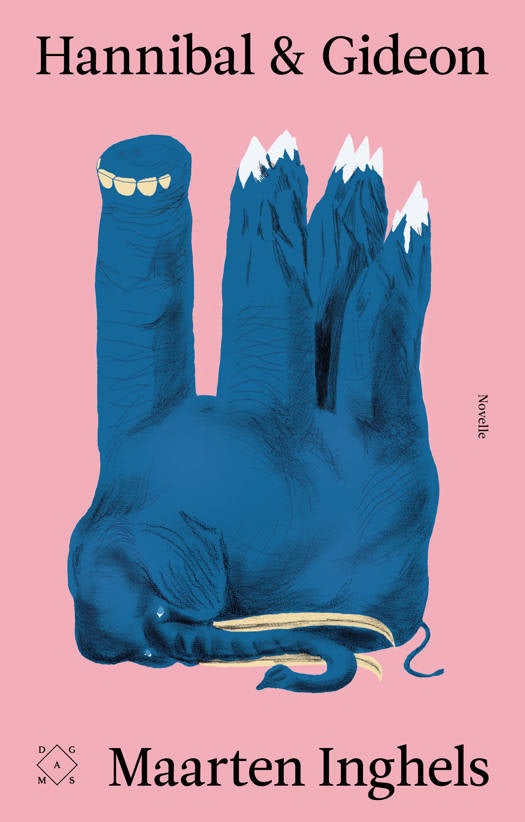
Author Maarten Inghels feels the lack of a certain amount of danger in his life. Along with an elephant, he follows in the footsteps of Hannibal, the man who in 218 BCE crossed the Alps with thirty-seven elephants to take the Romans by surprise. As their journey goes on, a close bond develops between Gideon and Inghels, and the author allows himself to be led by the elephant instead of the other way around. The novel is presented as a factual travel account, but plays with the unbounded possibilities of fiction through surrealism.
'The Animals Within' by Lieselot Mariën
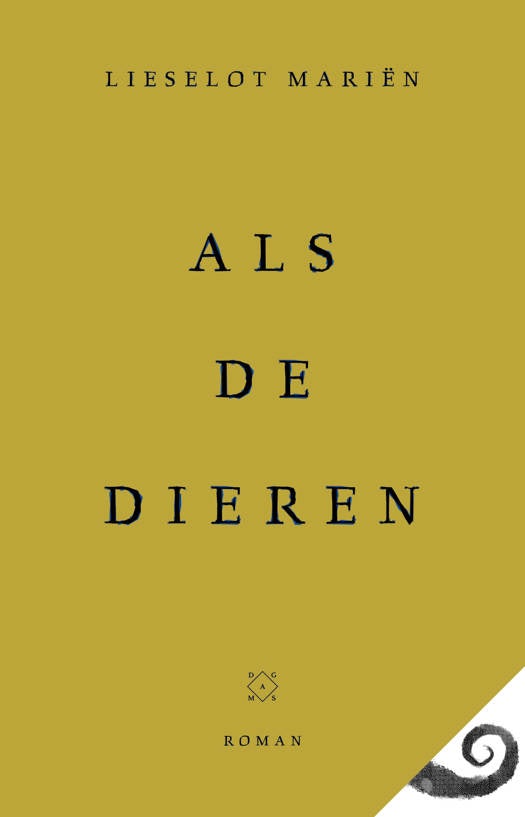
Shortly after the birth of her child, motherhood draws a young woman into an existential crisis. Love for the baby doesn’t come; the alienation, despair and exhaustion are total. In a fragmented form and with penetrating insights, ‘The Animals Within’ describes her struggles. The book is a clever experimental exploration of the destabilizing experience of postpartum depression, told through a woman for whom the normal world becomes incomprehensible.
'Groundwork' by Tijl Nuyts
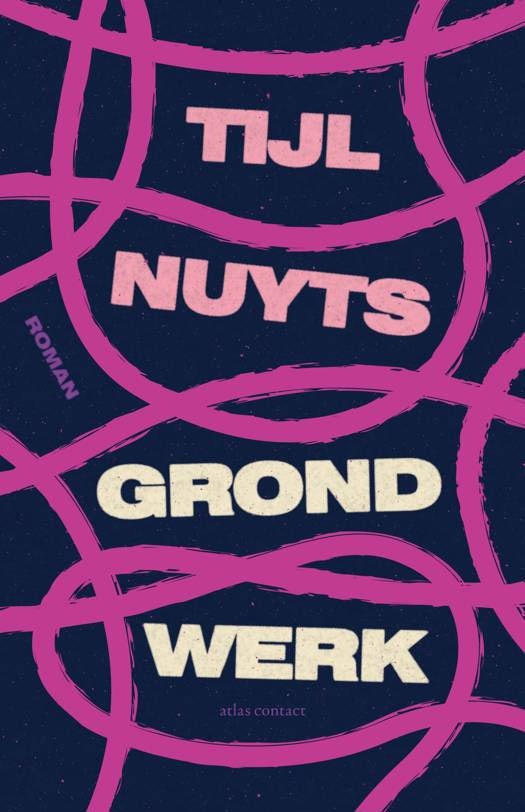
From her colony in the Horn of Africa a naked mole rat was sent to the Vaderlandsplein, a square in Brussels. She waits in her hiding place for a briefing from her colony, which fails to arrive. The reason why she has been banished is told to us bit by bit when the mole rat takes us into her childhood, and into the intimate world and collective social set-up of her species. While awaiting the briefing, she keeps herself busy by digging, undermining her new city. Sink holes appear everywhere, literally fragmenting the infrastructure of the political heart of Belgium and Europe. A meeting and growing friendship with a climate activist, however, produces an unexpected twist.
'Peeling' by Lenny Peeters
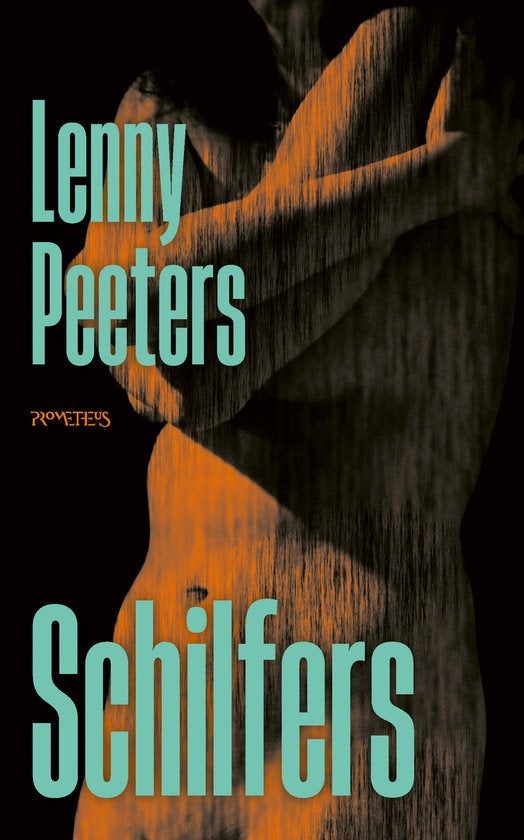
As children Felix and Louise, brother and sister, are inseparable. Everything changes when, on holiday, they are approached by the father of their playmates. After that, nothing is ever the same. Felix’s mental health gradually declines and Louise enjoys feeding her brother's fears. Her manipulative games drive him further and further into psychological isolation. In ‘Peeling’ Lenny Peeters plays a brilliant game with chronology and perspective. In a story that topples at an accelerating pace, the reader is challenged to discover the truth.
'The Gift' by Gaea Schoeters
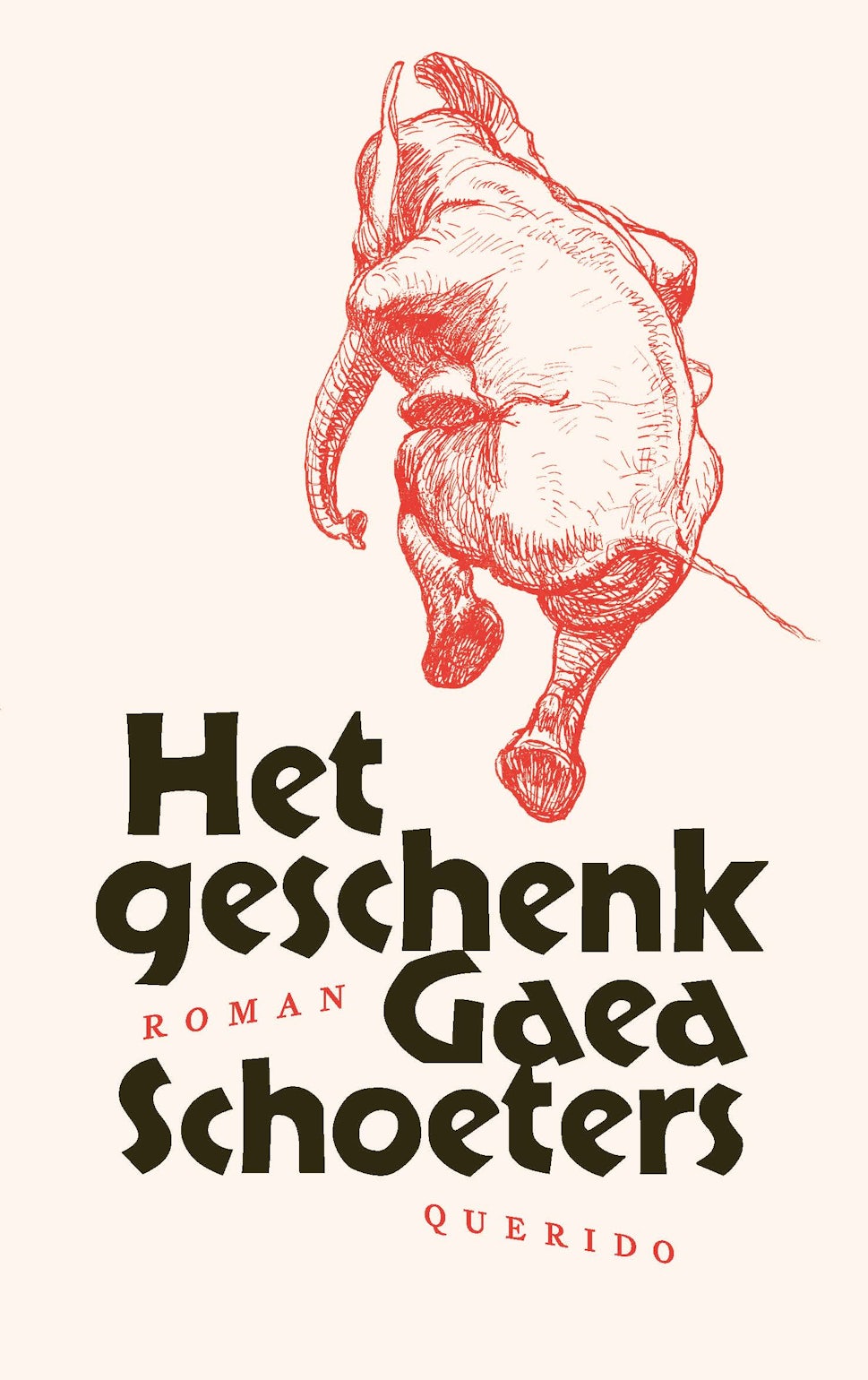
From one day to the next, Berlin is swarming with elephants. As a thank you for tighter legislation governing the import of hunting trophies, the president of Botswana has gifted the Germans 20,000 elephants. Germany’s federal chancellor Winkler is challenged to deal with the crisis, while elections are due and the extreme right is hot on his heels in the polls. Gaea Schoeters has written a light and humurous political satire that interrogates the way the West treats Africa and serves a plea for ecological seriousness.
'Through the Dark Woods' by Aleksandr Skorobogatov
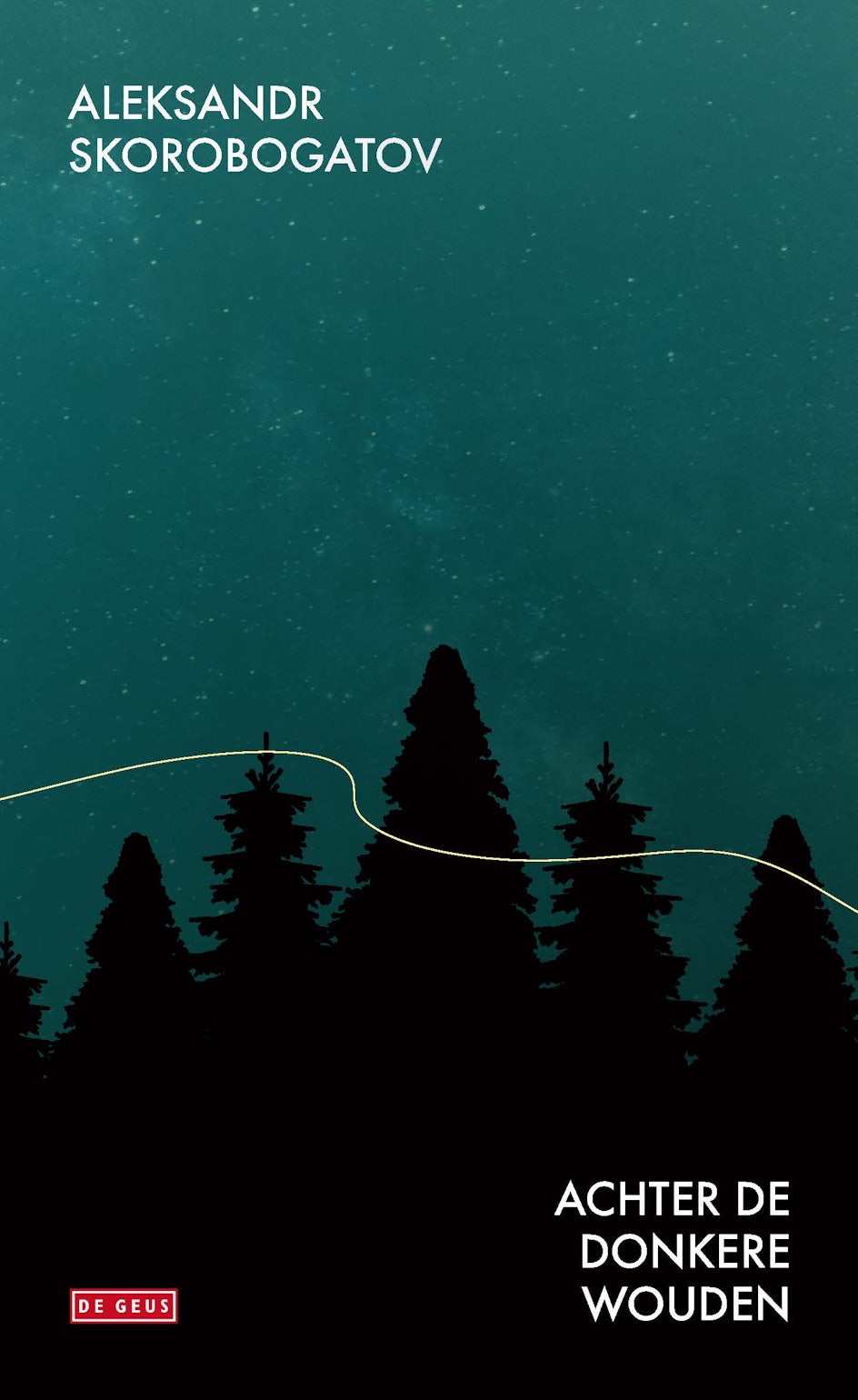
In ‘Through the Dark Woods’, Aleksandr Skorobogatov focuses on his son, whom he helped to raise until the age of five. When the boy is fifteen, the author receives an email from him after they’ve not been in touch for years. The restored contact is only brief, since after barely ten days of emailing back and forth, the boy is brutally attacked and dies a violent death. More than twenty years pass before Aleksandr Skorobogatov tells the poignant story of his loss, and looks back at their relationship.
'Begin' by Angelo Tijssens
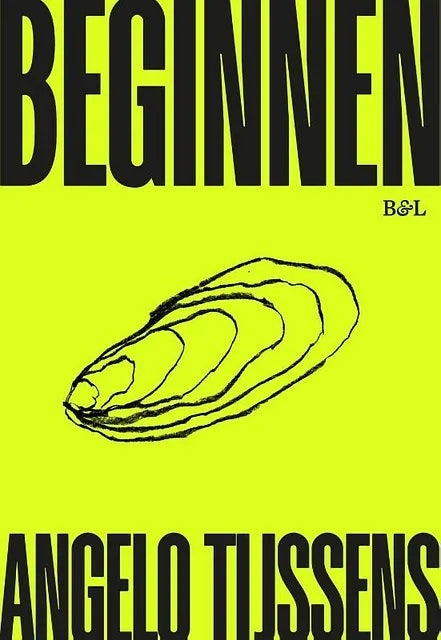
In ‘Begin’ the protagonist returns to the seaside resort on the Belgian coast where he grew up. On the sea dyke he looks at the building in which his family ran a hotel for generations, a place imbued with memories, stories and scars. The novella is a free, associative narrative in the poetic and evocative style that Angelo Tijssens has made his own. It's constructed out of short, sensual scenes that dig deeper and deeper into a personal and collective sense of nostalgia.
'Villa des Roses' by Willem Elsschot
classic
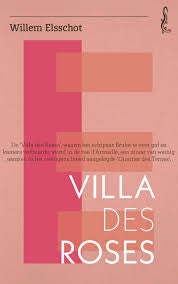
Set in a down-market Paris boarding house before World War I, this novel is a masterpiece of ironic black humour. The Villa’s owner, the energetic Madame Brulot, is childless and lavishes more affection on her pet monkey, Chico, than on her husband, an embittered ex-solicitor. The central love story of one of the guests has an autobiographical basis, but the authorial detachment makes the narrative even more poignant and involving. This is a tour de force by one of Dutch-language literature’s greatest stylists.